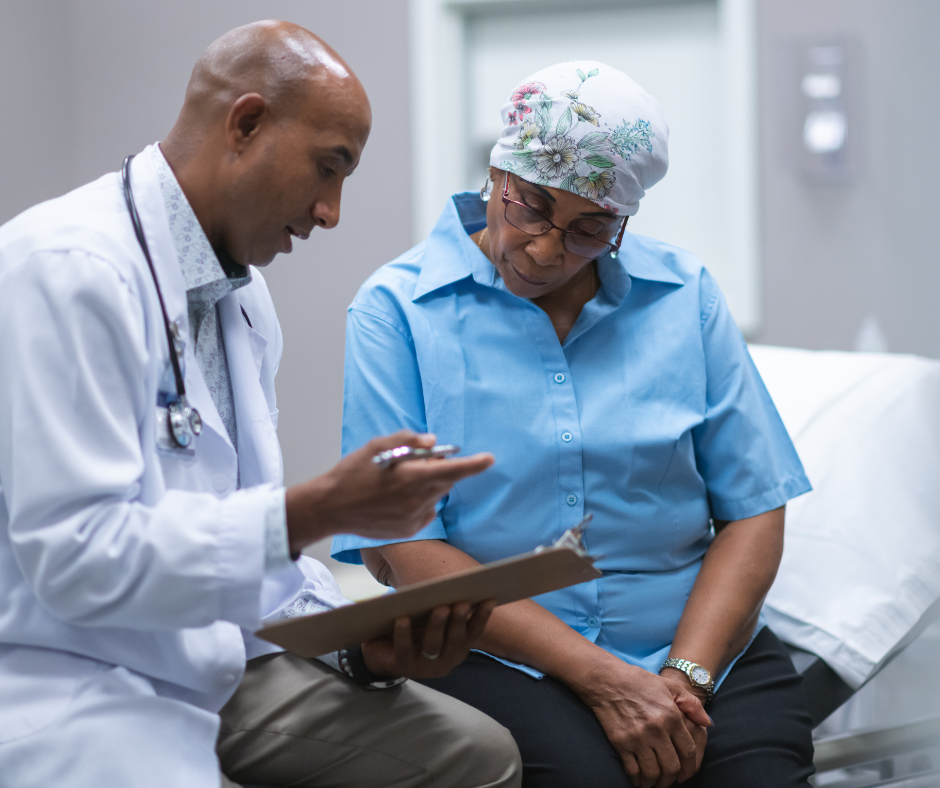Tests after a diagnosis of breast cancer

You may have more tests after your diagnosis to find out:
- How large is the cancer?
- Where exactly is the cancer?
- Has the cancer spread to any other parts of your body?
This is called staging. Staging tests for breast cancer include:
- Lymph node ultrasound scan. This is a scan that uses sound waves to look at the lymph nodes in the area of your armpit (axilla). The scan is done in the X-ray department of the hospital. The scan is painless and only takes a few minutes. If the lymph nodes look abnormal, a biopsy (tissue sample) will be taken to see if the cancer has travelled to the lymph nodes.
- Blood tests. Blood tests can check your general health, for example, to make sure you're fit for surgery. Blood tests can also give information about your liver and bones. You may need an X-ray or scans if your blood tests show any abnormal changes.
- X-rays. X-rays can check for bone and other joint problems. X-rays can also show changes in tissues and organs, such as the breast. You may have a chest X-ray to check you are fit for surgery. You may need a spine X-ray if you're having back pain.
- MRI scan. A scan that uses magnetic energy to build up a picture of the tissues inside your body. During the scan you will lie inside a tunnel-like machine.
- CT scan. A type of X-ray that gives a detailed picture of the tissues inside your body. Usually the scan will be of your chest, abdomen and pelvis.
- PET CT scan. A radioactive injection that will show up any cancer spread to other parts tissues or organs on a CT scan picture.
- Bone scan. A radioactive injection that can show areas of abnormal bone on a scan, which may be caused by cancer that has spread.
- Ultrasound scan of the liver. A device like a microphone passed over your tummy to give a picture of your liver so your doctor can see any changes to your liver.
- Lymph node biopsy. This means taking and testing a sample of cells from the lymph nodes to see if they contain cancer cells. It't important to know this, as it will influence the type of treatment you need. This will be done before surgery if the lymph nodes look abnormal on a scan. Your surgeon may also remove lymph nodes during breast cancer surgery.
In breast cancer, some receptors mean that hormones will encourage the cancer cells to grow (hormone-receptor positive cancer). Breast cancer cells can also have too many HER2 protein receptors. HER2 can encourage breast cancer to grow.
Samples of your cancer cells (biopsy) will be tested to give your doctors more information about receptors, to help them plan the best treatment for you.
You may also have a test called Oncotype DX. This gives information about how your cancer might grow and if you're likely to benefit from chemotherapy.
Staging is important as it helps your medical team decide on the best treatment for your cancer.
For more information
Phone
1800 200 700



